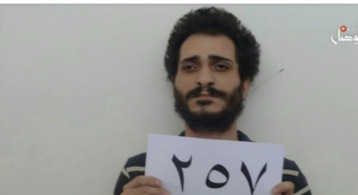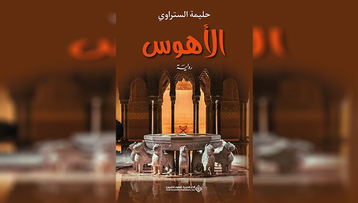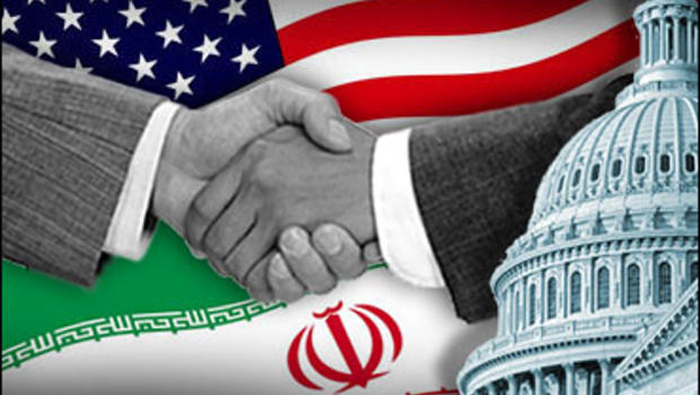-
UN peacekeepers from Ethiopia’s war-torn Tigray seek asylum in Sudan
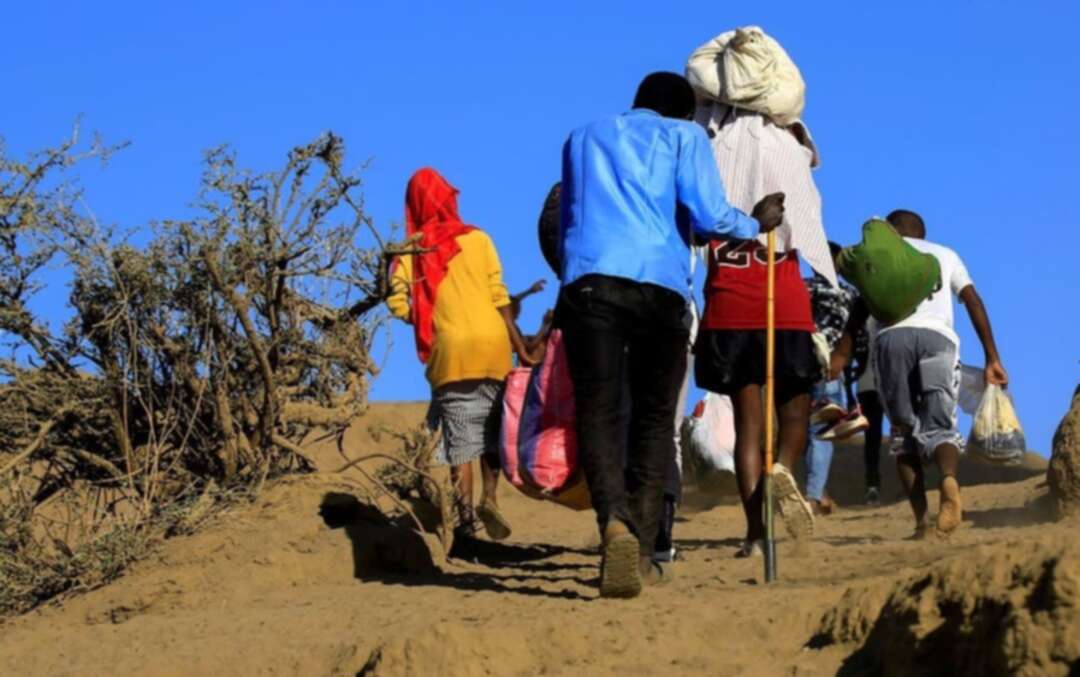
The Arab News reporetd, citing the AFP, more than 500 UN peacekeepers from Ethiopia’s war-torn Tigray region have refused to return home, citing fears for their safety and highlighting deepening ethnic fissures as they request political asylum in Sudan.
Until last year, Ethiopian forces accounted for the vast majority of the around 4,000-member peacekeeping mission in Abyei (UNISFA), a disputed border region between Sudan and South Sudan.
The Ethiopian contingent was replaced by a multinational force as ties between Addis Ababa and Khartoum deteriorate over a territorial dispute and Ethiopia’s mega-dam on the Blue Nile, which Sudan fears will threaten its access to water.
A UN peacekeeping spokesperson told AFP in New York that most of the Ethiopian forces have returned home, but some have now requested asylum.
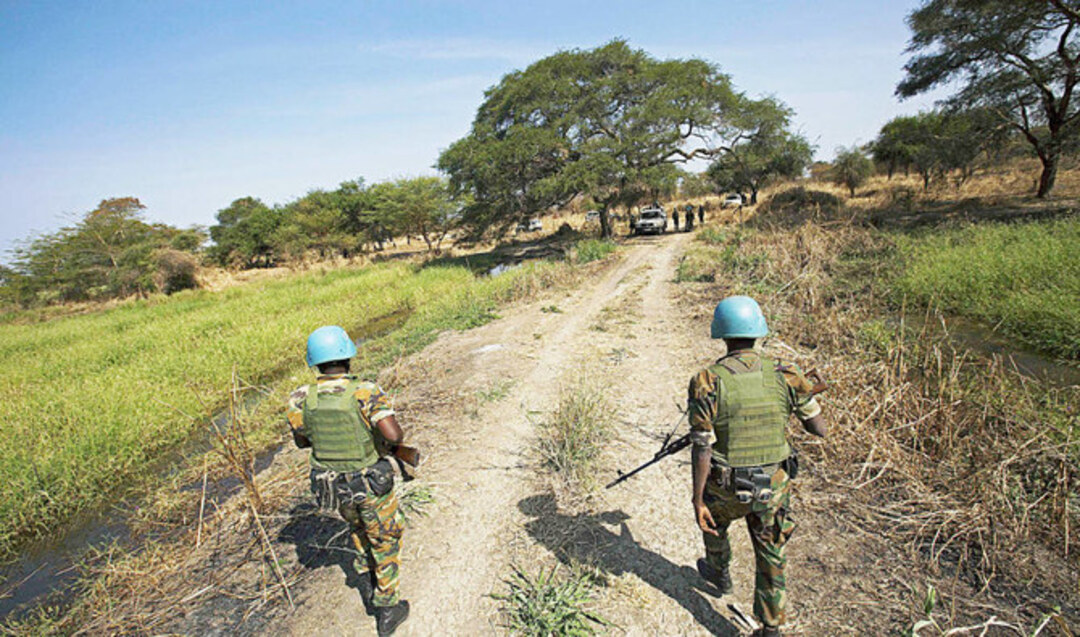
The spokesperson said: “A number of peacekeepers have chosen not to return and are seeking international protection. They are being protected by the UN in a secure location."
“The responsibility to grant asylum lies with the Sudanese authorities who are being assisted by the United Nations High Commissioner for Refugees (UNHCR) in receiving these individuals.”
A total of 528 Ethiopian soldiers from Tigray have requested asylum in Sudan, according to Major Gebre Kidane, a Tigrayan ex-peacekeeper — a figure confirmed by two of his comrades also contacted by AFP.
Starvation kills nearly 200 young children in Tigray hospitals
“It’s not secure to go back to Ethiopia and we want to be the voice of the people of Tigray” before the international community, the 40-year-old told AFP in a telephone interview from Abyei, explaining his decision to apply for asylum in early March.
Since Prime Minister Abiy Ahmed sent troops into Tigray in November 2020 in response to what he said were rebel attacks on army camps, the conflict has divided the multi-ethnic nation.
An early victory against the Tigray People’s Liberation Front — which ruled Ethiopia for nearly 30 years until 2018 — was followed by a rebel comeback last June, when they took back control of Tigray and expanded into neighboring regions.
Rebels from Tigray region take Lalibela, a Unesco world heritage site
Since then the war has dragged on, with essential services shut in Tigray for several months while aid trickles in at a snail’s pace after both sides agreed to a conditional humanitarian truce in late March.
According to the UN, he region of 6 million people — around 6 percent of Ethiopia’s population — has been under at de facto blockade.
Tigrayan officers were purged from federal army ranks soon after the war erupted while ordinary Tigrayans have described being subjected to arbitrary arrests in Addis Ababa.
Bodies with gunshot wounds found in river between Ethiopia’s Tigray and Sudan
Gebre Kidane, who has been based in Abyei since July 2020, said: “Peacekeepers from Tigray previously went back to Ethiopia. Some of them were arrested, some killed."
“The people of Tigray have been living in darkness and the international community is watching in silence. We want to make the international community ... pay attention.”
The Ethiopian government has not responded to AFP’s calls for comment on the troops’ request for asylum.
A second Tigrayan officer told AFP that he too had asked for asylum like his comrades but refused to say anything further for fear of reprisals against his family.
U.N. Warns Of Worsening Famine, More Clashes In Ethiopia's Tigray
A third soldier, who spoke to AFP on condition of anonymity for similar reasons, said he had asked for asylum “to express my strong opposition” to the federal government’s treatment of Tigrayans.
Furthermore, he said senior officers like him “have a military background and knowledge ... therefore we are considered as a main challenging force by the government.”
He said: “So we are being targeted to be eliminated."
Britain urge fighting parties to end violence in Tigray and allow humanitarian aids
His children understood his reasons for staying out of Ethiopia, he explained: “If I go there, they know what will happen (to me).”
He said: “We are now in the good hands of UNHCR," adding: “I hope for the better tomorrow to come.”
Source: arabnews
You May Also Like
Popular Posts
Caricature
BENEFIT Sponsors Gulf Uni...
- April 17, 2025
BENEFIT, the Kingdom’s innovator and leading company in Fintech and electronic financial transactions service, has announced its sponsorship of the “Innovation and Sustainable Technology Solutions Competition (GU - IST Solutions), hosted by Gulf University at its main campus.
This strategic sponsorship reflects BENEFIT’s active role in advancing technological innovation and fostering sustainable solutions to future challenges. It also seeks to empower Bahraini youth by enhancing their skills, capabilities, and competitiveness in innovation and solution development—contributing meaningfully to the broader goals of sustainable development across all sectors.
As part of BENEFIT’s active involvement in the competition, the company has announced that Hanan Abdulla Hasan, Senior Manager of Public Relations and Communication, will serve on the competition’s supervisory committee. Her upcoming participation reflects BENEFIT’s forward-looking commitment to championing academic and professional excellence.
Commenting on the occasion, Hanan Abdulla Hasan, Senior Manager of Public Relations and Communication at BENEFIT, said, “We are privileged to support this pioneering initiative, which aligns seamlessly with BENEFIT’s enduring commitment to fostering innovation and nurturing the potential of Bahrain’s youth. Our participation is rooted in a deep sense of social responsibility and a firm belief in the pivotal role of innovation in shaping a sustainable future. Through such platforms, we seek to empower the next generation with the knowledge, skills, and foresight required to develop impactful solutions that address future challenges, in line with the United Nations Sustainable Development Goals 2030.”
Dr. Aseel Al Ayash Dean of the College of Engineering in Gulf University commented, “We extend our sincere gratitude to BENEFIT for their generous sponsorship and support of the Innovation and Sustainable Technology Solutions Competition. This contribution plays an instrumental role in helping us achieve the strategic goals of this initiative, namely, cultivating a culture of innovation and sustainability, encouraging efforts that address the imperatives of sustainable development, and enhancing the practical and professional capabilities of our students and participants.”
The event will bring together a diverse spectrum of participants, including secondary school students, university undergraduates, engineers, industry professionals, entrepreneurs, academic researchers, and subject matter experts representing a wide range of disciplines.
The competition seeks to inspire participants to develop and present innovative, sustainable technologies aimed at addressing pressing environmental, social, and economic challenges. It encourages the formulation of business models that integrate advanced technological solutions with core principles of sustainability. Moreover, it serves as a platform for emerging leaders, entrepreneurs, and innovators to contribute to the advancement of the Sustainable Development Goals, promote the ethos of responsible technology, and demonstrate its transformative potential across various sectors.
Attendees will have the opportunity to view a series of project presentations submitted by participants, covering diverse areas such as eco-friendly product design, smart and sustainable innovations, renewable energy technologies, water conservation and management, waste minimisation and recycling, green architectural solutions, and sustainable transportation systems. Outstanding projects will be formally recognised and awarded at the conclusion of the event.
opinion
Report
ads
Newsletter
Subscribe to our mailing list to get the new updates!


